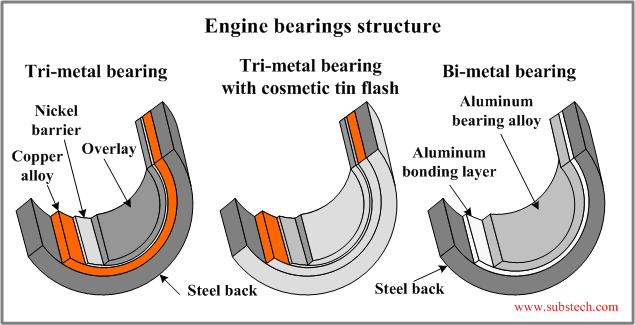Okay Guys, Once again Pi/3p, and Gary/Alex have forced me to think for myself instead of handing me answers. I'm surprised no one else beat me and did some thinking.

3p141592654;1646642 said:
On what basis do we know that "the stock cooler really doesn't work well".
Does someone care to post up oil temps with and without the oil cooler under various scenarios?
http://en.wikipedia.org/wiki/Scientific_method
I wouldn't say "it doesn't work well"! Afterall it is a heat exchanger. But "crappy" compared to a full flow setup with Mocal T-Stat and Stacked Plate Exchanger.
My mentality behind it is synthetic ester/polyalphaolefin oil, can take the beating of temperatures, and not lose viscosity.
Actually it has been loosely by a member of supraforums years ago named Dean Marcum who bypassed his factory oil cooler using hose and said his "oil temperatures skyrocketed". But, again I felt i shouldn't care about "skyrocketing" temperatures due to use of synthetic oil. But, I felt something is missing in my mentality. Which led me to the next post quoted.
jetjock;1645499 said:
Crack me up. As if the oil itself is the only issue that should be considered.
When you said this I started thinking about what the oil sees. Bearings, cylinder walls, crank journals, oil pump, cam lobes, cam journals, and oil squarters. Detonation came to mind.
I also looked at composition of TriMetal bearings as Clevites are used on this motor.
http://www.substech.com/dokuwiki/doku.php?id=engine_bearing_materials&DokuWiki=4bd56a9a1db17...
3p141592654;1646732 said:
The stock system is very reliable, it has no thermostat to fail, and increases oil cooling proportional to rpm. Its weakness is it dumps oil through the cooler during warmup.
I'm not really worried about "dumping oil" through the cooler at warmup. If it means some help in detonation protection.
jetjock;1646908 said:
You expected wrong. The technique was no different than establishing the efficiency of any heat exchanger: the delta T across it was measured. The stock cooler works and as reaper pointed out Toyota wouldn't have put it on the car unless it was needed and did something.
I say again: stop thinking about only the oil and start thinking about what it comes into contact with. It does little good if an oil can handle high temperature if that temperature shortens the service life of other parts.
And indeed it does something. Having a bypass heat exchanger is still a heat exchanger none the less. I need to stop thinking in oil pressure, and just oil, and thats what I did.
While the bearings can take the heat. A VERY Vital Part in creating dynamic compression creates lot of heat on the oil system; The
Turbocharger! Think about it guys! the heat from building boost being carried by the lubricant then transfered to the cylinder walls and the underside of the pistons!
DETONATION!
I now feel stupid for being so not thinking of this earlier.

Now I know why 1JZ/2JZ Guy's have to rebuild turbos, and engines so often. :biglaugh:

